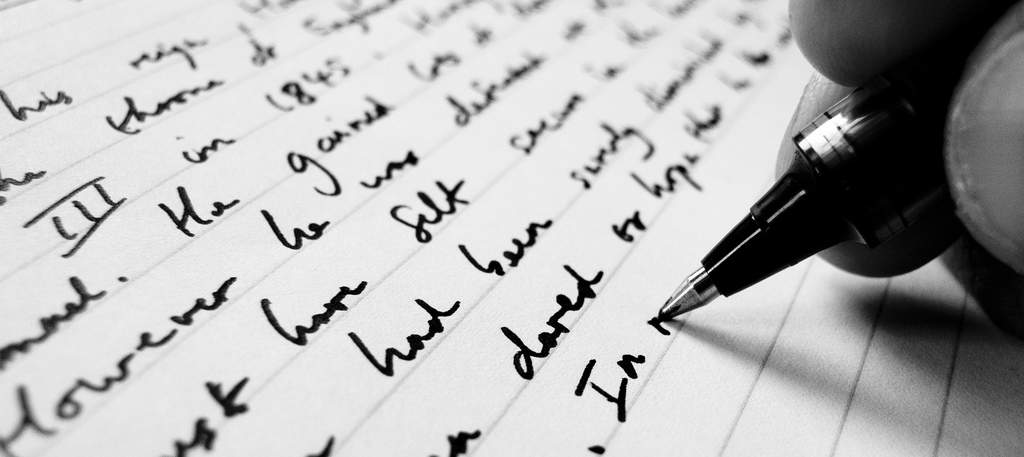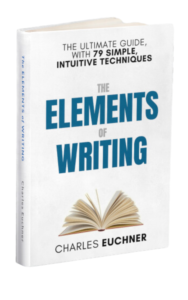Someone asked me to explain why learning how to write–the process and discipline–matters for people who have no intention to write.
Some thoughts:
Writing is a process of discovery and questioning, breakdown and assembly, imagination and logic.
When you can write, you have the template for exploring just about any question imaginable.
What happens when we set out to write? First, we take inventory, sort possibilities, test those possibilities, and make (tentative) conclusions about our subject. Then we imagine ourselves in another’s shoes: What do they know already? What don’t they know? Then we figure out how we might understand something, if we knew only what our reader understood. Finally, we try to gather and arrange the ideas we explored in our inventory, to suit our reader.
But that’s just the beginning. When we write, we need to see how well our words do their job. Sometimes we score and sometimes we don’t. So we fix what’s broken and work to improve what’s already good. We listen–intently–not just to our own curious mind but to others’ minds as well.
Funny, this is also what we do when we conduct scientific experiments, create a business plan, teach a class, build a cabinet, or whip up a meal.
But writing has another quality that makes it even more transformative.
When you write, you find that sweet spot between your own needs and those of others. To write is to share, but to share requires awareness; that awareness requires focused attention. When we write, then, we need to get “within ourselves” first. And as we focus, our minds travel to places we never could imagine in the beginning. And as we travel, we bring others along for the ride.


